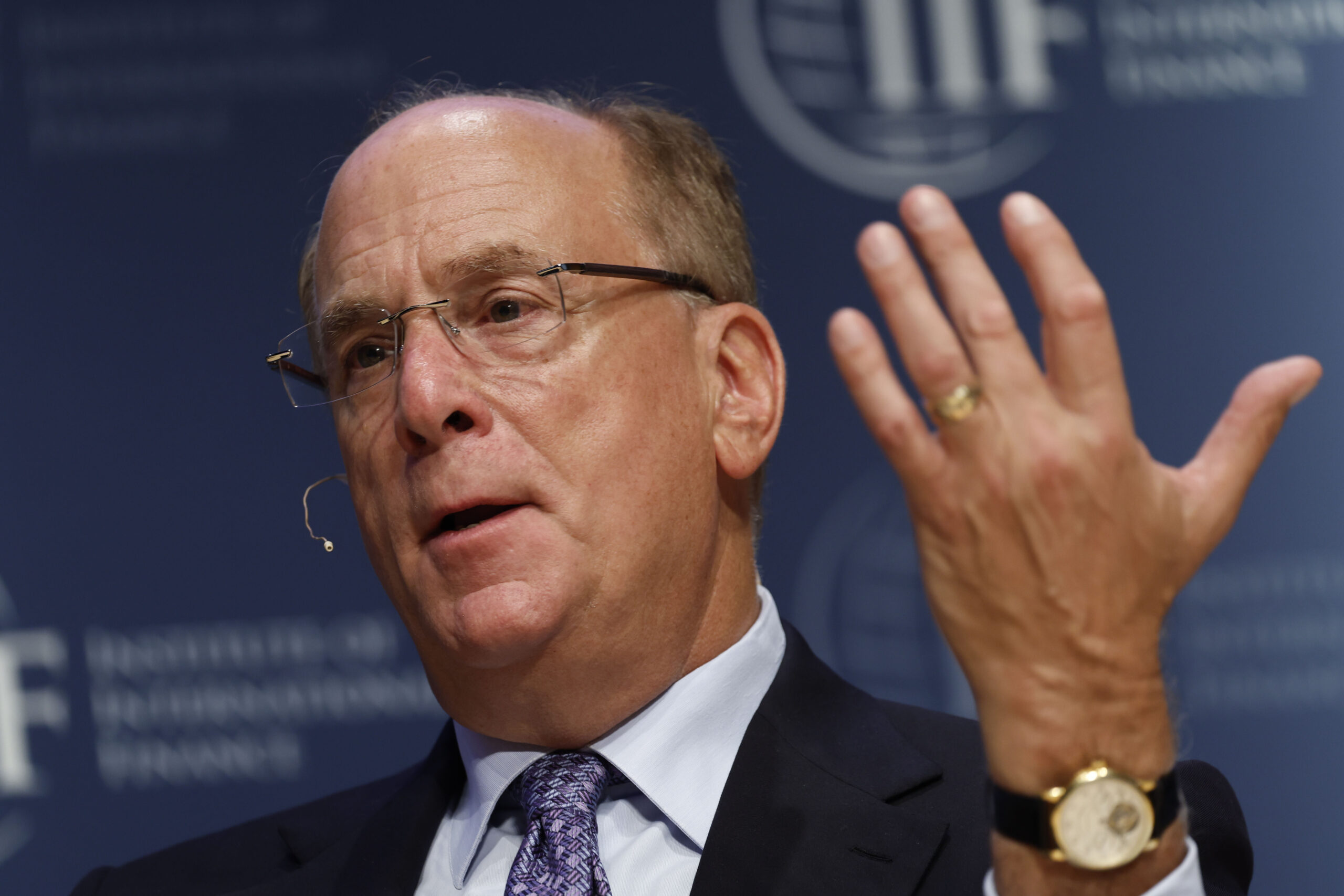
The cryptocurrency world was abuzz yesterday after BlackRock CEO Larry Fink, in his annual letter to shareholders, hinted at the possibility of including Bitcoin in the company’s future investment strategies. While he stopped short of making any concrete commitments, his comments mark a significant shift in tone from the world’s largest asset manager, and could have major implications for the wider adoption of Bitcoin by institutional investors.
Fink’s letter acknowledged the growing interest in digital assets, stating, “We are studying digital currencies, stablecoins, and blockchains, and we continue to invest in companies that are innovating in these spaces.” This seemingly innocuous statement carries significant weight, coming from the head of a firm managing over $10 trillion in assets. It suggests that BlackRock is actively exploring the potential of cryptocurrencies, and not simply dismissing them as fringe assets.
However, Fink also cautioned against rushing into Bitcoin, highlighting its volatility and regulatory uncertainties. He said, “While we are currently not investing in Bitcoin itself, we are open to doing so in the future if the asset class continues to develop and mature.” This conditional statement suggests that BlackRock is waiting for certain criteria to be met before taking the plunge, such as clearer regulations, improved infrastructure, and greater institutional adoption.
Despite the lack of immediate action, Fink’s openness to Bitcoin is a game-changer. It legitimizes the asset class in the eyes of many traditional investors who may have previously considered it too risky or speculative. This could trigger a domino effect, with other major institutions following BlackRock’s lead and allocating a portion of their portfolios to Bitcoin.
The potential impact of such a shift is staggering. Increased institutional investment would bring much-needed stability to the Bitcoin market, reducing its notorious volatility and attracting even more mainstream investors. This could pave the way for wider adoption of Bitcoin not just as an investment, but also as a means of payment and store of value.
However, challenges remain. Regulatory hurdles, concerns about energy consumption, and the inherent decentralization of Bitcoin, which clashes with traditional financial structures, are all roadblocks that need to be addressed before widespread institutional adoption becomes a reality.
Fink’s letter may not have been the Bitcoin moon landing many enthusiasts were hoping for, but it represents a significant step forward in the institutional acceptance of cryptocurrency. By acknowledging its potential and expressing cautious optimism, BlackRock has opened the door for a future where Bitcoin is no longer seen as a fringe asset, but a mainstream investment opportunity. Whether this future arrives sooner or later, one thing is clear: Larry Fink’s words have sent shockwaves through the financial world, and their impact will be felt for years to come.
